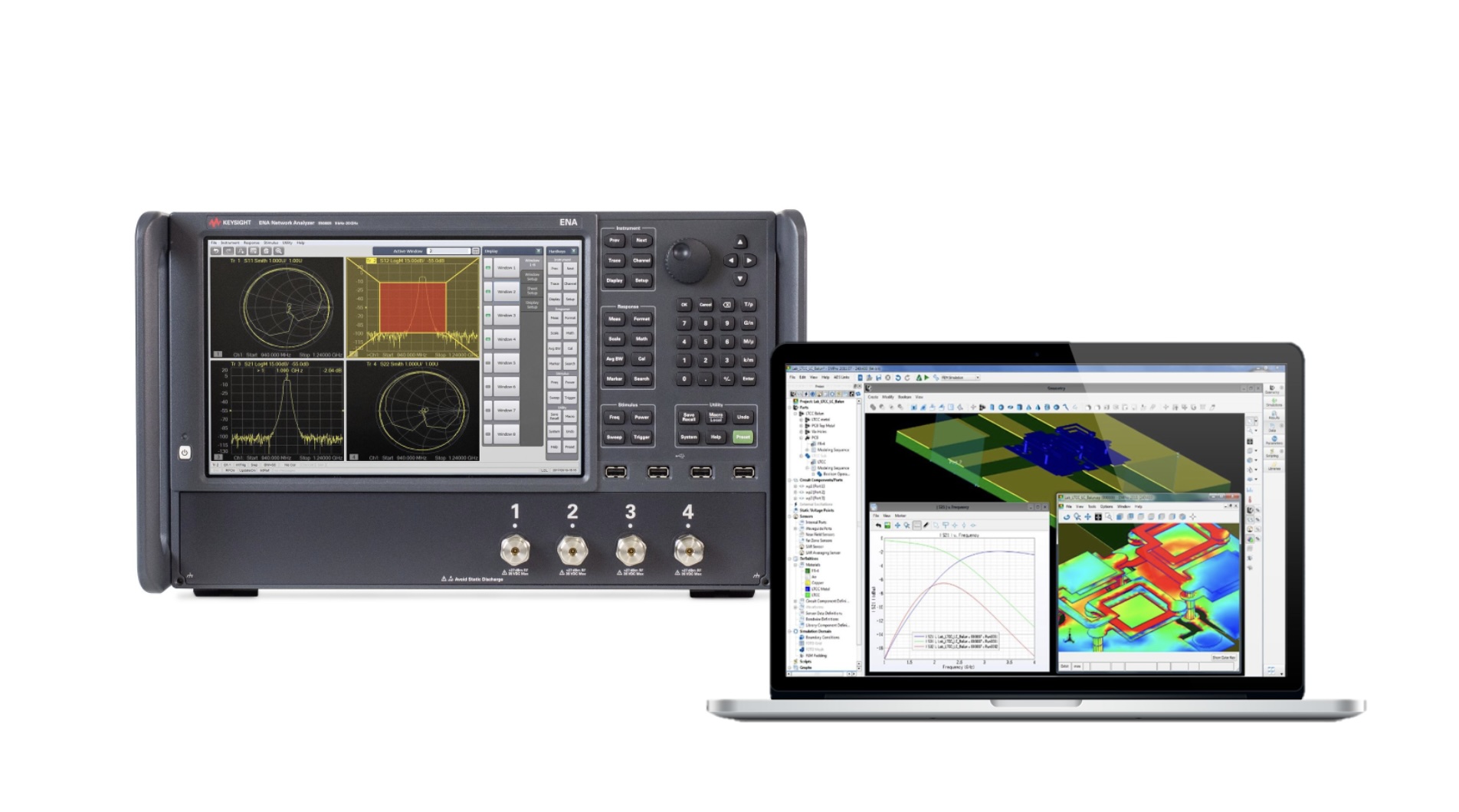How to Test MRI RF Coils

Testing and characterizing RF coils through simulation
Optimizing RF coil performance requires thorough design simulation and multichannel testing to ensure high-quality MRI images and patient safety. Three key parameters in designing high-performance RF coils are field efficiency, impedance mismatch, and interchannel coupling. Design engineers use simulation software to check the efficiency of the coils for a stronger signal-to-noise ratio (SNR) and maximum power transfer from the MRI system to the coils. The design simulation also assists in minimizing reflections and cross talk.
A vector network analyzer can determine the S-parameter measurements, and engineers can use the reflection loss parameters results to determine the coils' impedance matching. Additionally, the insertion loss parameters results indicate the coupling between different channels of RF coils. It is recommended that engineers use a multiport vector network analyzer for these two tests to accommodate the multichannel coils.

MRI RF coil characterization solution
See demo of MRI RF coil characterization solution
Explore products in our MRI RF coil characterization solution
Discover resources and insights
Additional resources for characterizing MRI RF coil
Related use cases
Get in touch with one of our experts
Need help finding the right solution for you?


